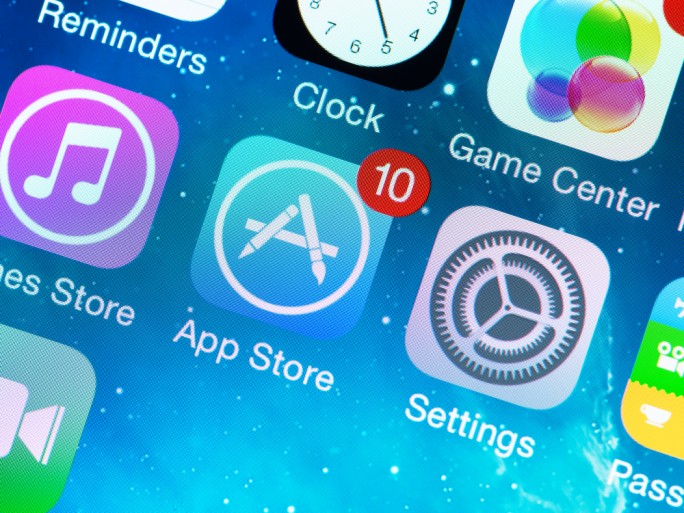South Korea has become the first major world economy to effectively stop Apple and Google from charging commissions on in-app purchases.
After South Korea’s parliament last week amended its ‘Telecommunications Business Act’ – in order to stop Google and Apple from forcibly charging software developers up to a 30 percent commissions on in-app purchases – a vote has now taken place.
The ‘Telecommunications Business Act’ was approved in a vote in South Korea’s parliament on Tuesday, with 180 voting in favour out 188 attending, Reuters reported.
![]()
Sobering development
The vote in favour is sobering news for both Apple and Google, as it is the first such curb by a major economy and market, and could trigger other countries to follow suite.
The amendment essentially bans app store operators with dominant market positions from forcing payment systems on content providers and “inappropriately” delaying the review of, or deleting, mobile content from app markets.
It also allows the South Korean government to require an app market operator to “prevent damage to users and protect the rights and interests of users”, probe app market operators, and mediate disputes regarding payment, cancellations or refunds in the app market.
The South Korean bill also means developers will have the freedom to use other payment systems outside of Google and Apple’s ecosystems, once the bill passes into law.
This law is expected to have a big impact on the developer community, who have long complained about the up to 30 percent tariff Apple and Google impose.
This is evidenced by the ongoing legal action between Apple and Epic Games, the developer of the game Fornite.
Google, Apple responses
“We’ll reflect on how to comply with this law while maintaining a model that supports a high-quality operating system and app store, and we will share more in the coming weeks,” a Google spokesperson said in a statement to Reuters.
Google added Google Play provides far more than payment processing, and its service fee helps keep Android free, giving developers the tools and global platform to access billions of consumers around the world.
“It’s a model that keeps device costs low for consumers and enables both platforms and developers to succeed financially,” the Google spokesperson reportedly said. “And just as it costs developers money to build an app, it costs us money to build and maintain an operating system and app store.”
Apple meanwhile reportedly responded to an email reiterating its statement issued last week.
“We believe user trust in App Store purchases will decrease as a result of this proposal – leading to fewer opportunities for the over 482,000 registered developers in Korea who have earned more than KRW8.55 trillion to date with Apple,” Apple was quoted as saying its its statement.
Last week Apple agreed to loosen App Store restrictions for small developers, to resolve a class-action suit from US developers.
But that proposal must still be approved by the court. It gives small developers some leeway about the use of Apple’s in-app payment system.
In November 2020 Apple announced that the new App Store commission will fall from 30 percent down to 15 percent for small developers and businesses earning up to $1 million per year.
Other challenges
It is worth noting that Apple and Google’s worldwide domination of in-app purchases is facing challenges outside of South Korea as well.
In March this year, the UK’s Competition and Markets Authority (CMA) launched an investigation into Apple following complaints that its terms and conditions for app developers are unfair and anti-competitive.
It comes after the European Commission in June 2020 also opened two formal antitrust investigations into Apple, over its App Store and Apple Pay.
On the other side of the pond, a bipartisan trio of US senators earlier this month proposed a bill meant to ease the tight control they believe Apple and Google exert on the app market.
That is at the federal level, but some US states are pursuing their own clampdowns.




